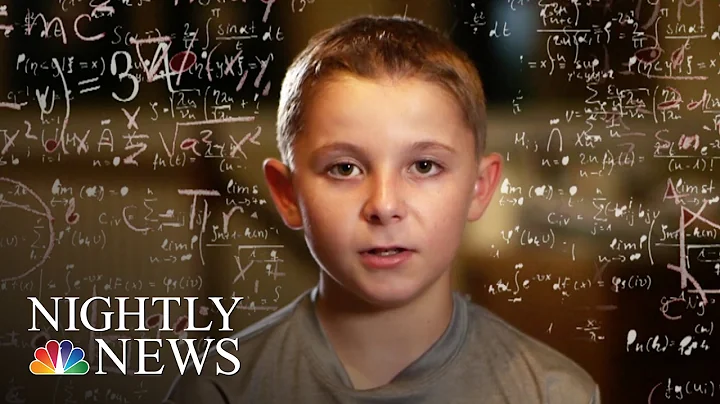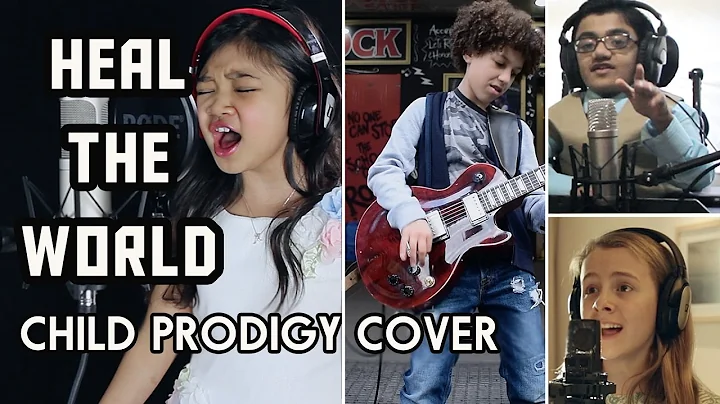

I saw on TV that the 6-year-old child prodigy was already literate over a thousand characters, the neighbor's children were also literate over a hundred characters, but my own children only knew a few characters. A friend’s child has attended several classes, and his daily schedule is full...
Nowadays, children’s early education has attracted unprecedented attention from parents. Early education centers and various enlightenment education institutions are popping up everywhere.
The National Health and Medical Commission once issued an announcement stating that in the entire life cycle, investment in children’s early education has the highest input-output ratio of human capital, and the return on investment exceeds 1:7.
Children will go through multiple critical sensitive periods , language critical period, order critical period, tactile sensitive period, reading sensitive period, observation sensitive period , etc. when they are six or seven years old. , the brain has completed nearly 90% of its development. At this stage, early education becomes particularly important. If parents can accompany their children to engage in high-quality early education activities such as sports, reading, and playing musical instruments during this period, it will be beneficial to the child's lifelong development.

However, some early childhood education students learn too much ahead of time, and the popular teaching methods are not suitable for every child. Instead, they have become "cultivated". Although children's brain development should be well utilized in the first few years to develop children's intelligence, it is not always better to learn more and earlier. Failure to grasp the degree and quantity may also stifle children's interest in learning and self-motivation.
Then how can we maximize the development of children's potential? According to some scientific logic of children's development rules and development characteristics, we need to avoid some misunderstandings and make early education more scientific and more conducive to children's growth.
Early education misunderstandings 1
For children, counting out 12345 is an easy task.
Parents always doubt their children’s IQ because their children’s counting is incoherent. They wonder why children have such difficulty counting such a simple thing.
But in fact, it is as difficult for 2-3-year-old children to learn to count in decimal as it is for adults to learn hexadecimal and octal . When children read 12345, they do not understand the specific meaning of the numbers. It is like asking them to recite Book of Songs and . The first step is to remember their pronunciation. They cannot understand what the words mean. Even if they recite 12345, it doesn't mean they can count.

When they see things, they only think of some perceptual concepts such as color and shape, and do not have abstract concepts such as "a few" and "how many".
For children, learning to count means fully understanding numbers as sounds, symbols, quantities and sequences. Only when children can unify these four levels of meaning can they truly understand the abstract concept of numbers. So counting is not easy for children.
Early education misunderstanding 2
believes that the focus of science education is to teach children to memorize a large amount of scientific knowledge
Science education should be focused on from an early age, and children will experience a golden period of knowledge exploration. Some parents believe that inputting a large amount of scientific knowledge to their children is all scientific education is. My family has purchased a lot of encyclopedia-type picture books to input all kinds of knowledge into the children's heads. How much can the children remember and how much can they use in the future?
Knowing scientific knowledge is not the same as understanding science. Science education pays attention to a way of thinking.
Learning scientific knowledge is important, but it is not the core of scientific education. Scientific education is to teach children how to think with scientific logic and verify using scientific methods.

does not read popular science picture books interactively with children, and only teaches children "what it is", which is not the correct way of early childhood education. Only after children have an in-depth understanding of "why" and "how to do it" can such learning inspire children to observe phenomena, ask questions, verify conjectures, and find answers to solve problems.In this way, children will be guided by curiosity and thinking in their future studies to explore scientific truths.
Therefore, teaching children scientific knowledge is not as simple as "reading a book".
Early education misunderstanding 3
Listening to a large amount of audio can help children learn the language
The way to learn a language requires "listening", but not listening to the audio of the machine, but experiencing it through picture books - using the "human tones " of love.
The father of Japanese picture books, Matsui Nao, believes that children enter the world of language through the experience of picture books.
So what is a picture book experience? Just read it to the child, let the child listen with ears and see with eyes, and the two worlds will overlap in the child's mind.
It is impossible for children to listen to the richest language with their ears before they become literate. If they are poor in this area, it will have a great impact on the child's future learning ability, reading ability, thinking ability and concentration. Reading picture books to children can arouse their interest in language, make them like language, and allow them to experience the fun of language. Children will naturally become interested in language.
Therefore, it is very important for adults to read picture books to children and educate them with language. Through the rich emotional language of adults in parent-child reading, children can improve their ability to create images through language and feel the power of language.
These beautiful parent-child memories will remain deeply in the hearts of children.

Parents often fall into these misunderstandings because " is rolled into " is now serious, and parenting anxiety is increasing day by day. Instead, they forget to conform to the growth patterns and characteristics of their children. Although other children are excellent, early education must be suitable for your own children.





















